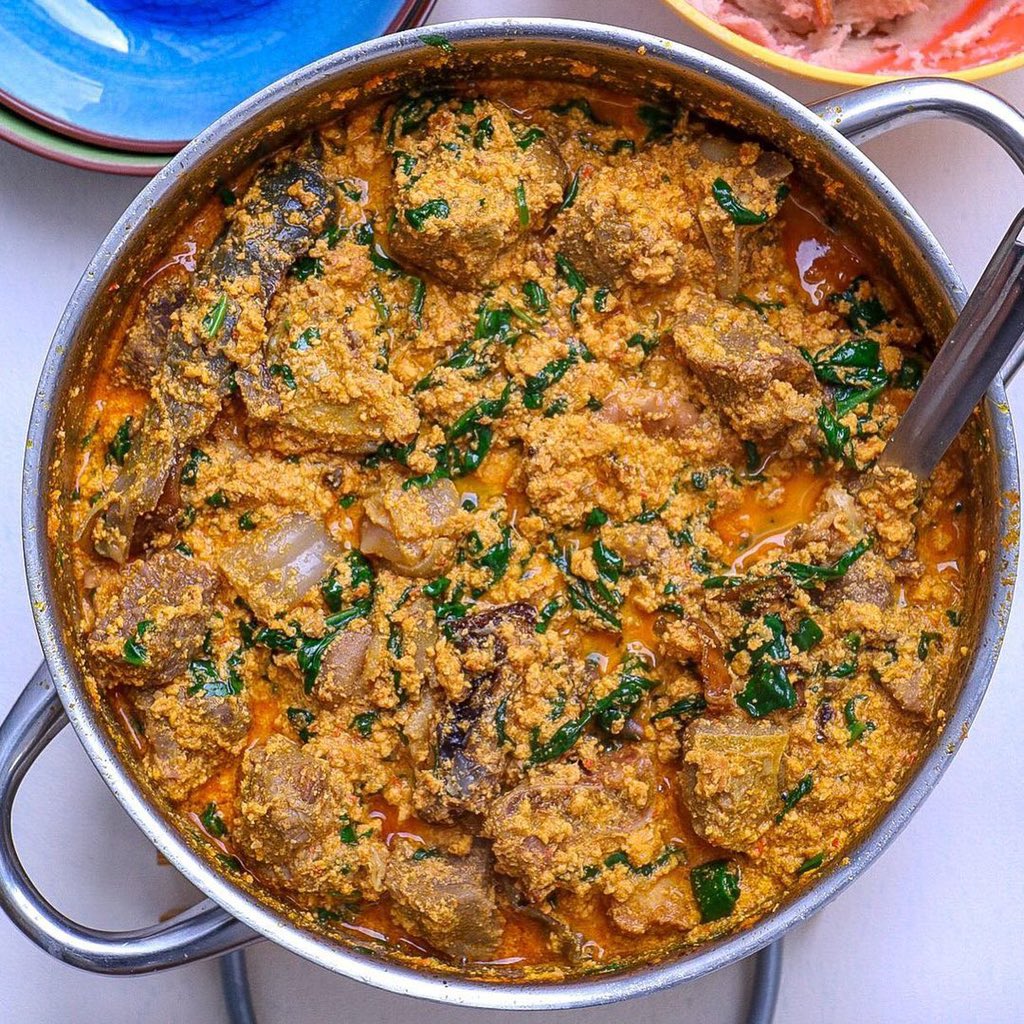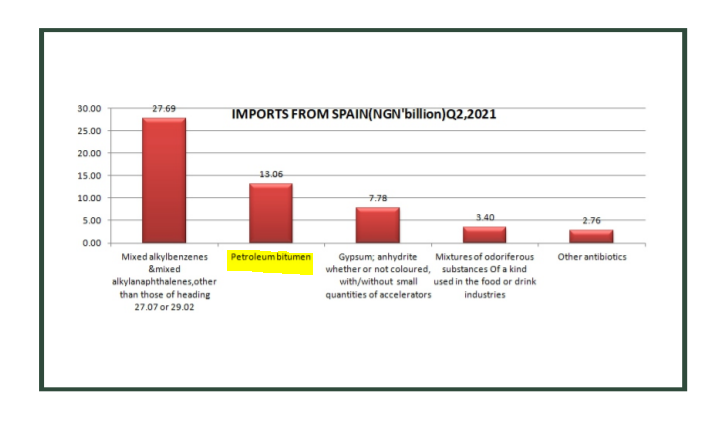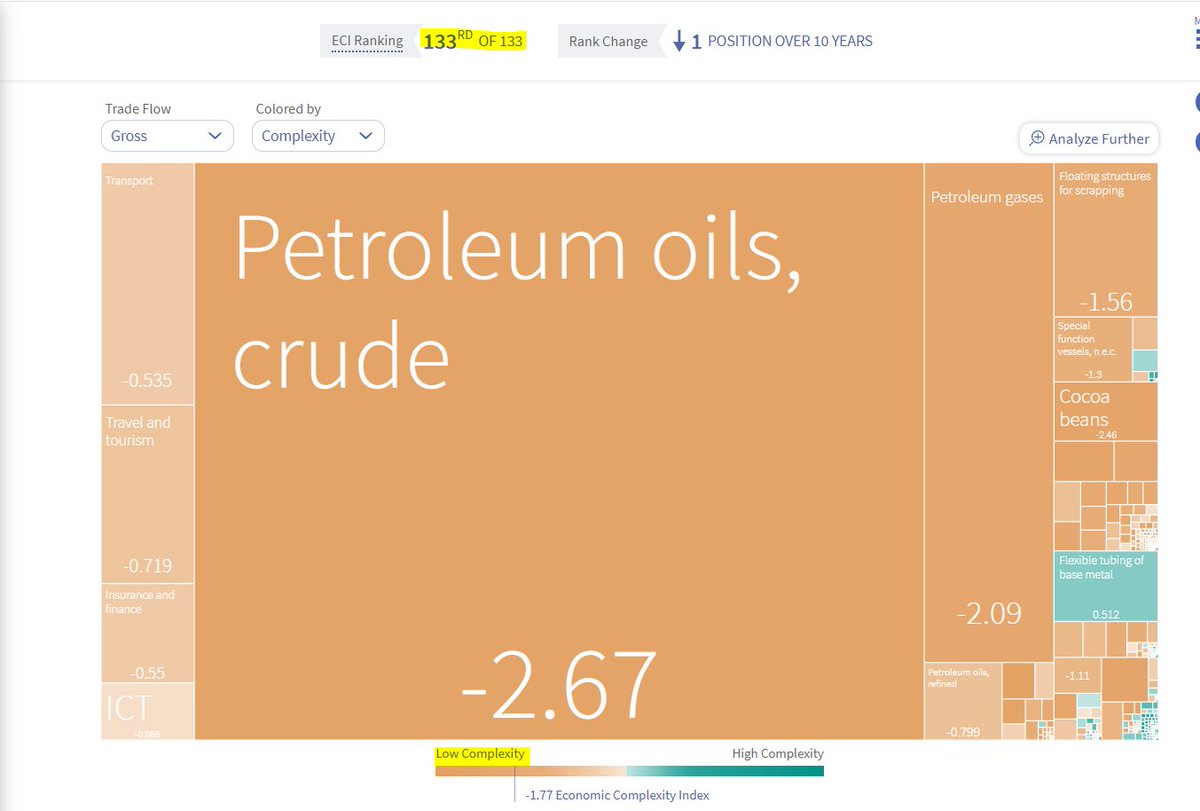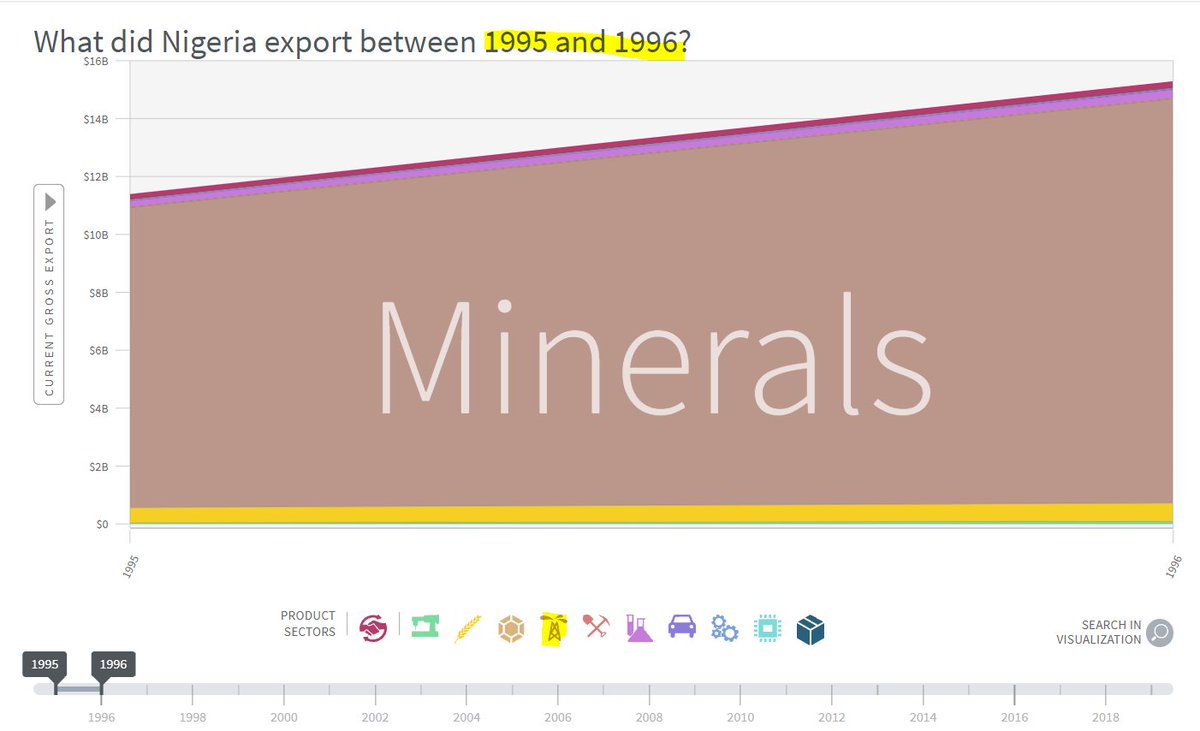
Angel Investing & VCs
For tech startups, equity funding makes sense because R&D is highly intangible & tends to be specific to the firm in which it is being used, it has limited liquidation value. The use of debt tends to decrease with asset intangibility. Tom Nicholas, Harvard
For tech startups, equity funding makes sense because R&D is highly intangible & tends to be specific to the firm in which it is being used, it has limited liquidation value. The use of debt tends to decrease with asset intangibility. Tom Nicholas, Harvard
Angel investors provide hands-on equity finance. They provide entrepreneurs with funding, mentorship, & access to their business contacts. They often have industry expertise & can help young companies raise additional funding.
Jason Calacanis summarized the four inputs of angels as “money, time, network, expertise.”
There are 334,680 active angel investors in the US, according to the Center for Venture Research. A typical angel puts about 10 percent of his or her wealth into angel investment.
There are 334,680 active angel investors in the US, according to the Center for Venture Research. A typical angel puts about 10 percent of his or her wealth into angel investment.
A difference between angel & VC investment is the geographic dispersion. Angels are in every town & city and usually invest in startups close to home so that they can advise & monitor entrepreneurs. VC are more concentrated in innovation hubs, such as Silicon Valley"
Angel & VC investment are “patient capital,” Angels often do not see a return on their successful investments for 5 to 10 years, angel investments are long term, risky, & highly illiquid. It is only people with substantial wealth, time, & expertise who can fill this unique role.
U.S. angel investment was $25 billion in 2020.27 Angels invested in 64,480 companies, with an average investment of $392,025.Some famous angel‐funded startups include Apple Computer, Amazon, Facebook, Google, Uber, Home Depot, Costco, & Starbucks.
• • •
Missing some Tweet in this thread? You can try to
force a refresh


















